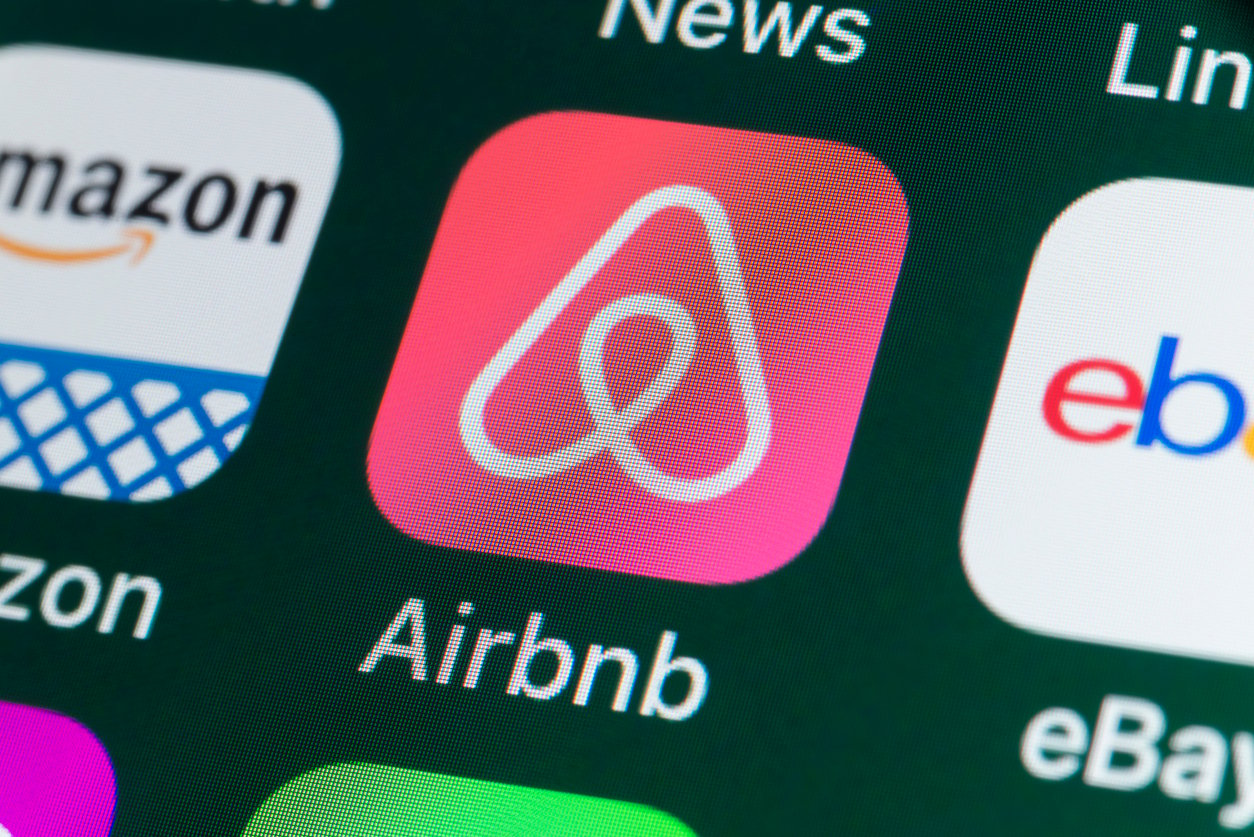
'The layoff letter that I wrote, I was not universally advised to do it'

Airbnb CEO Brian Chesky has underscored the importance of leadership's visibility during layoffs as he spoke from experience.
Chesky spoke with Wharton School psychology professor Adam Grant in a TED podcast where they touched on the CEO's layoff note when it carried out job cuts in 2020.
"That layoff letter that I wrote, I was not universally advised to do it," Chesky revealed on Grant's podcast. "There was a lot of concerns about me being visible and present."
Chesky said he was told that he would be put in an "uncomfortable position" for the move.
"I said: 'Of course I will be,'" he recalled. "And that's my job to be put in uncomfortable positions and to navigate them and to just show them that I'm human. I'm doing my very best, and to show them how I'm thinking about it."
Another instance where Chesky demonstrated visibility was during the weekly all-hands meeting with employees that they used to hold.
"I would get asked every week about layoffs and I said, 'Everything's on the table. I don't have an answer yet’. It wasn't really what they wanted to hear, but what they mostly wanted was me to be present as a leader and I brought them on the journey. And by the time we did do the layoff, I explained exactly why we were doing it."
And being transparent seemed to lower employee anxiety at a time when widespread layoffs were being carried out across the world.
"I actually reduced a lot of anxiety even though people knew layoffs were on the table," Chesky said in the podcast. "It was less scary to watch a process unfold actually, than the opaque process because everything is always much worse than you imagine."
Chesky made the remarks as he pointed out that some companies have "pretty inhumane" ways of laying off employees.
"It seems like a human being didn't write it. It feels… like an AI prompt or something," he said.
The CEO believes this is a case of other chief executives getting very "risk averse."
"They're not vulnerable, they're afraid to say the wrong thing. They don't actually speak from the heart. The lawyers and the HR people like, and everyone rounds the edges off them," he said.
Airbnb had to slash 25% of its workforce around the world after the pandemic hit the travel industry hard, triggering layoffs across hospitality and the aviation sector.
Grant described Chesky's message to employees during layoff as the "single best layoff note."
"I wrote that letter fairly quickly. I didn't have a lot of time, and so I wrote what I felt and that's what I felt, and I was pretty emotional when I was writing it," Chesky said in the podcast.
The podcast pointed out how he implied the company was a "family" with Chesky's use of the word "love" in the layoff note.
But even the Airbnb CEO agreed that a company's not a family.
"We used to refer to ourselves as a family, and then we did have to fire people or they'd have to leave the company and yeah, you don't fire members of your family," he said. "Ultimately, I write what I feel and I felt this sense of protecting people, even people that were leaving, that they weren't totally leaving Airbnb in every sense of the word."
"I mean, they were leaving with equity. They were leaving with everything on their resume, like we created an alumni network. We have a very, by the way, robust alumni network, which is very unusual for a company. There's a bond that's extremely deep."